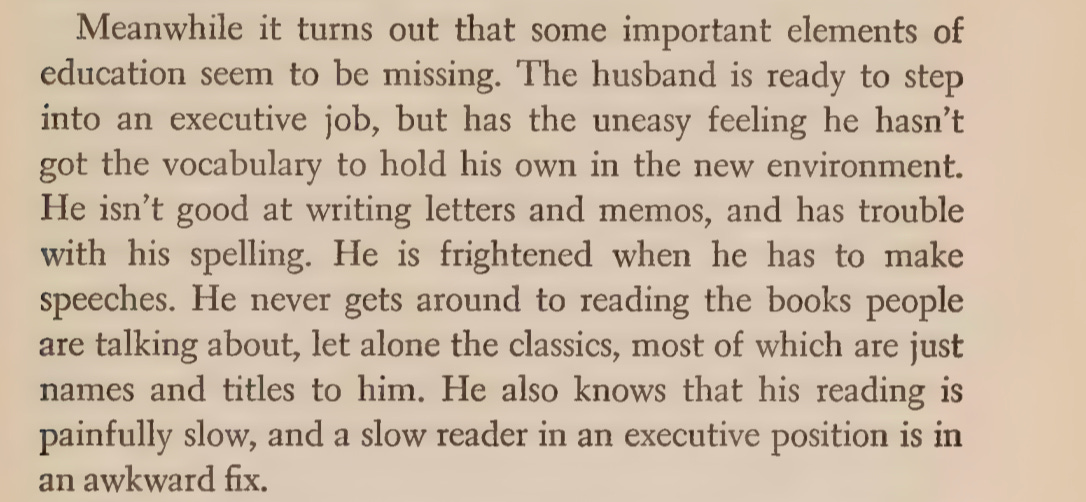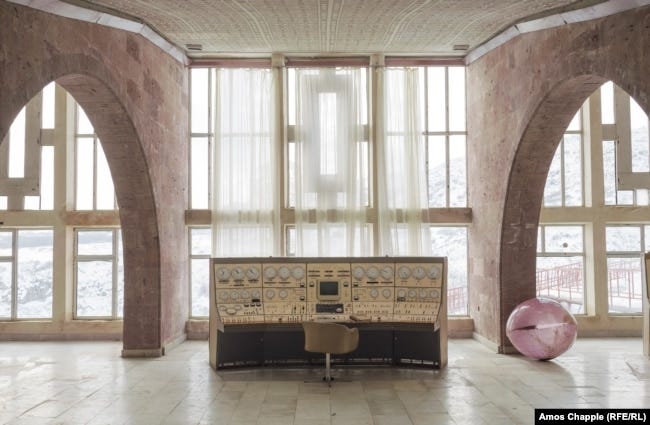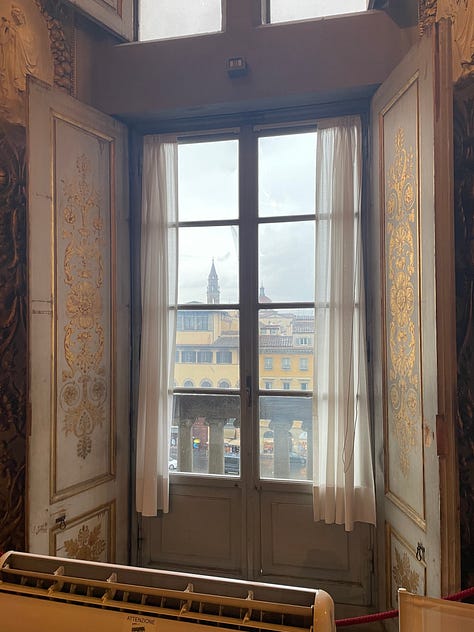
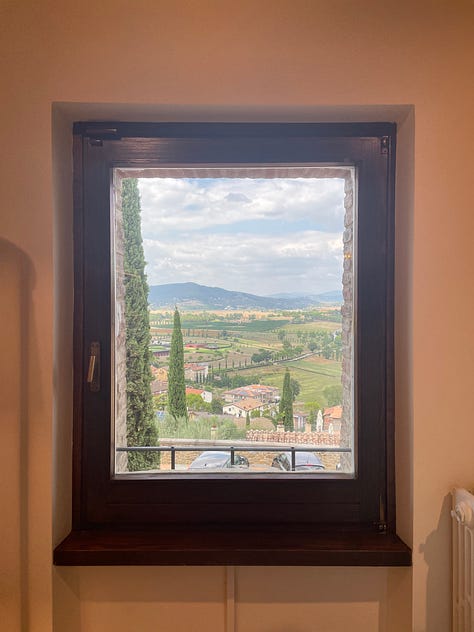
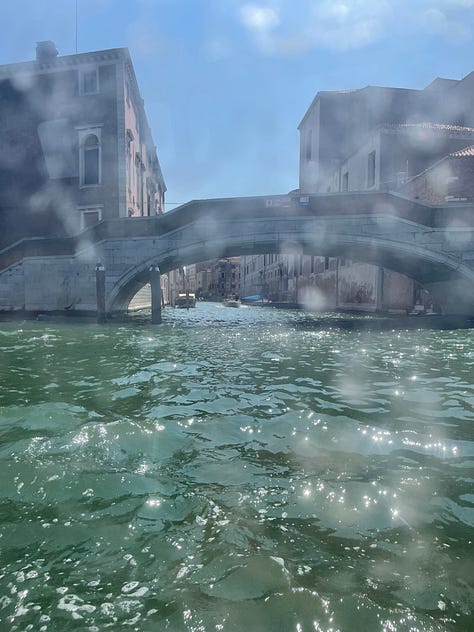
Windows through other places
THIS AUGUST, we had the opportunity to visit Europe and North Africa for the first time. On our whirlwind tour, we took in the sandy beaches and hilly cobblestone streets of Lisbon, drank copious amounts of mint tea while attending a wedding in Morocco, marvelled at Goya’s and Velázquez’s works in the Prado in Madrid, hurriedly walked through the piazzas in Florence and navigated through the winding, canal-adjacent Venetian streets.
It was a wonderful trip, and we are grateful to the hospitality of the people we met along the way. New cities are mere backdrops through life if we can’t enjoy them with the right people.
But now we must return to business, and discuss matters of importance.
In this issue:
The Task of Education
Data, and how it gives us a sense of control
Exploring Design
Assorted Readings
The Task of Education
In a damp Venetian bookstore we snagged a copy of ‘The Education of Henry Adams’, the autobiography of Henry Brooks Adams (an American historian and part of the Adams political family, he was the grandson of John Quincy Adams - the sixth U.S. president). From the first few pages you can tell that Mr. Adams has a great sense of literary style. Here’s a quote from the early chapter to give you a taste:
From cradle to grave this problem of running order through chaos, direction through space, discipline through freedom, unity through multiplicity has always been, and must always be, the task of education, as it is the moral of religion, philosophy, science, art, politics, and economy; but a boy’s will is his life, and he dies when it is broken, as the colt dies in harness, taking a new nature in becoming tame. Rarely has the boy felt kindly toward his tamers. Between him and his master has always been war.
‘Running…unity through multiplicity’ is a great way to describe what consilience means to us—finding disparate claims and making a unified sense of them. Or at least trying to, even if the claims or ideas are opposing.
On a related note, we also came across a snippet from an old 1950s book1 by Rudolf Flesch (creator of the Flesch-Kincaid readability tests and a sort of expert in readability). Like old literati, Rudolf has strong opinions, and he clearly articulates his position on what he sees as a mini-crisis: that of broader education. Flesch claims that as the doctrine of schooling starts to wear off when a person becomes older, a person may find themselves out of place. This is the snippet that caught our eye:
Flesch writes that the do-it-all man who starts stepping into the executive role realizes that ‘he hasn’t got the vocabulary to hold his own’. We have a hunch that modern executives in tech and beyond face the same problem. Knowledge of words and the power to wield them can unlock many doors, so it’s a skill better learned early, and honed continuously.
Control and Data

We’ve spent the better part of the last few weeks building up an internal data infrastructure for one of our clients. This involves wrangling data from APIs, and feeding them into an Airtable instance using automation tools like Zapier and Make. It’s exciting work—not because moving data from one place to another is exciting—but because it allows us to have some structure over an otherwise chaotic, and messy process.
Dashboards and data systems have always fascinated us, even apart from their utility. Consider the aesthetics of the Orgov Radio-Optical Telescope in Armenia. Built in the ‘80s by Paris Herouni, a famed Soviet-Armenian physicist and engineer, it is a perfect example of Cybernetic Industrial Chic that we’ve described earlier:
These dashboards give us a sense of control, but modern processes—especially those involving humans—are inherently messy. The struggle to contain that messiness, to impose order and control, has been raging since the dawn of the Industrial Age. In 1911, Frederick Taylor wrote his famous monograph: “The Principles of Scientific Management” to combat the chaos of managing an enterprise with many workers. Taylor’s disciples would go on to lecture corporate audiences on imbuing engineering acumen and rigour into their businesses — to varying effects.
Design As Worldbuilding
We love spending time in the world of design. It’s a great craft, full of creativity, and the best designers play with form and function in surprising ways.
Since we’re also exploring and brainstorming what a good design practice looks like, we came across a great deep-dive interview with the husband-wife duo behind Smith & Diction, a design agency that has worked for clients such as Perplexity AI and Anterior.
The interview is roughly 2 hours long, but the team go behind the scenes on their process, and what good design means to them. It’s not just about flashy aesthetics, it’s about deliberate choices in words, sentences, and strategy.
At the end of the day, designers are just trying to bring order out of chaos.
Here are some very relevant snippets:
“Books are the original world-creation, and branding is the same thing…branding is just: how do I create a world that you want to be a part of, that you want to affiliate with?”
“Read good words, read poetry, read a novel…”
“If you can’t see how [reading] is a 1:1 of World Creation, and Design and Copy and World Building, then I think maybe you should probably get out of the field.”
Pair these comments with our friend Elan Miller’s interview with Jose Mejia which echoes the same ideas: improve your taste, and be more intentional.
Assorted Readings
In Appendix 2 of the User Manual for The Sims, there’s a very cool sentence that precedes the game design team’s Recommended Reading list:
“Maxis disavows any responsibility for encouraging deep thought”.
And so in the spirit of Maxis here’s what we’re reading and what we’re looking forward to—hopefully it encourages some deep thought on our parts.
Currently:
The Education of Henry Adams, by Henry Brooks Adams.
The Power Law: Venture Capital and the Making of the New Future by Sebastian Mallaby. Mallaby has also written a very good biography of former chairman of the Federal Reserve Alan Greenspan. He’s a detailed, considerate writer, and I also found his interview with our friend Dan Schulz to be chock full of cool snippets.
The Magus, by John Fowles. A very strange book with a great sense of atmosphere. Tells the story of a young British graduate who is teaching English on a small Greek island where he is ensnared in the psychological games of a mysterious stranger. Great lines too: “The craving to risk death is our last great perversion. We come from night, we go into night. Why live in night?”. Our copy has a huge author photograph at the back—they just don’t make books like this anymore.
What is the Cost of Being Early?, by Goehring & Rozencwajg (source). A market commentary by the astute natural resources investor group. Contains lots of good historical analogies, which helps us situate current events and debates more accurately.
Looking forward to:
Industrial Policy for the United States: Winning the Competition for Good Jobs and High-Value Industries by Marc Fasteau and Ian Fletcher.
The Emergence of Organizations and Markets by John F. Padgett and Walter W. Powell
The Work of Professor Andrew Odlyzko. He was highlighted in a recent Economist piece, and has a whole series of papers, articles on bubbles and manias on his university page.
Miscellaneous
While in Florence, we decided to check out the hamlet of Solomeo. Wonderfully restored and maintained by Brunello Cucinelli, this little town in the region of Umbria was a trip highlight for us. We are fans of Brunello’s vision of a ‘Humanistic Enterprise’ and also admire his refined sense of aesthetics. Apart from the serenity we enjoyed while we were there (it’s very quiet when you get to the top), we were delighted to find an out-of-print hardcover version of Brunello’s book on Solomeo (we were told by the gentleman at the boutique that it was the last English copy they had). A perfect cap to a long journey.
For more on Solomeo and Brunello, see this interview with Om Malik, and this tour by W Magazine.
Onwards to Consilience!
How to Make Sense — by Rudolf Flesch (internet archive)







